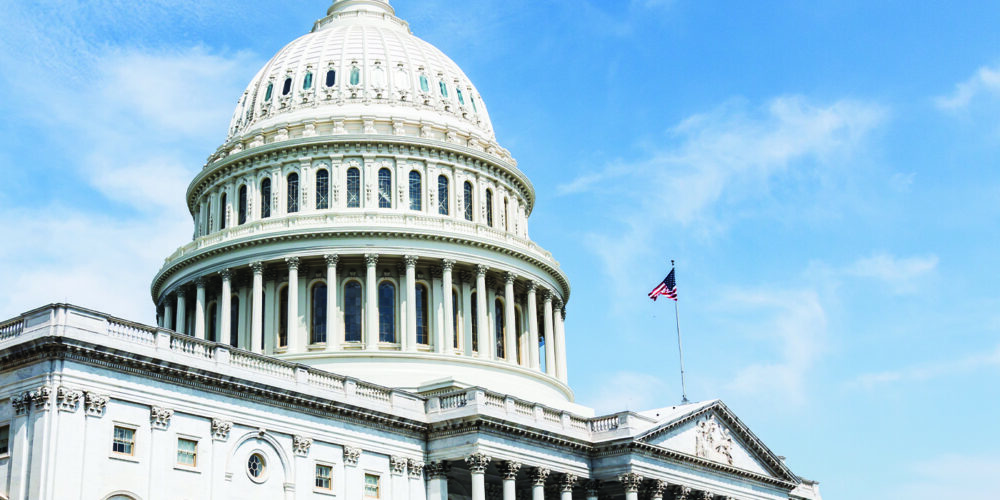The U.S. House of Representatives Committee on Small Business Subcommittees held two back-to-back hearings entitled “Paycheck Protection Program: An Examination on Loan Forgiveness, SBA Legacy Systems and Inaccurate Data” and “A Review of PPP Forgiveness.”
In mid-August, the Small Business Association (SBA) opened the loan forgiveness portal for lenders and borrowers who participated in the Paycheck Protection Program (PPP). According to the Government Accountability Office (GAO), the SBA has processed only 56,000 forgiveness applications — less than one percent of the 5.2 million loans distributed through the PPP.
The U.S. House of Representatives Committee on Small Business held two hearings this week to discuss the current status and future recommendations for the Paycheck Protection Program. Subcommittee Member Jason Crow (D-CO) opened Thursday’s hearing with this statement:
“Small business owners are resilient, and they are used to overcoming challenges, but the coronavirus has been a crushing blow. While the PPP has helped them retain key employees and make rent and other payments, many are anxious that their loans won’t be fully forgiven, and they will be saddled with more debt. The forgiveness forms do nothing to alleviate those concerns. They are complex, confusing and time consuming.”
In Thursday’s hearing, SBA Chief of Staff William Manger refuted accusations that the SBA e-Tran system was unable to handle the influx of PPP loan applications, indicated that the SBA is prepared and willing to work with Congress should PPP be extended, and stated his confidence in the SBA loan forgiveness application process. However, although Manger indicated that the SBA believes the loan application process is accessible for applicants seeking forgiveness, small-business owners in Friday’s hearing gave evidence that it is not.
Witness Amy Bonfig, a small-business owner in Minnesota, testified that she, along with other small-business owners in her field, “do not understand the complicated rules, the cryptic stipulations of the application, and most [of us] do not have the luxury of time to sort it out.” Similarly, Lynn Ozer, the president of SBA Lending at Fulton Bank in Pennsylvania, testified that lenders and banks are equally confused about their role in the loan forgiveness process, and have significant fears that the money they distributed to businesses in their communities will not be refunded as promised.
In addition to confusion about the loan forgiveness process, many borrowers have also expressed reluctance to file forgiveness applications, hopeful that Congress will soon pass legislation establishing an automatic loan forgiveness process for small loans under $150,000. However, legislation introduced by Ranking Committee Member Steve Chabot (R-OH) to extend the Paycheck Protection Program and establish a process for automatic forgiveness (H.R. 8365) was voted down on the House floor this week.
It is currently questionable whether legislation to extend or amend the Paycheck Protection Program will pass before the November election. This issue is divided on party lines, with U.S. House Democrats advocating for a more comprehensive COVID-19 relief bill, and Republicans pushing for immediate extension. In the interim, the SBA has pledged to continue rolling out assistance and resources for borrowers attempting to apply for loan forgiveness.
To watch “Paycheck Protection Program: An Examination on Loan Forgiveness, SBA Legacy Systems, and Inaccurate Data,” click here.
To watch “A Review of PPP Forgiveness,” click here.











